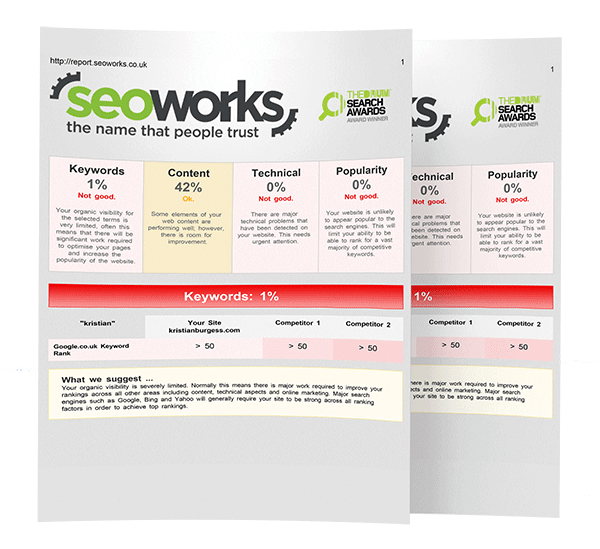Google Warns Repeat Offenders
Earlier this month, the Google Search Quality Team put out a warning to webmasters who repeatedly violate the terms of their Guidelines, with more severe consequences threatened for sites which are obviously spam-focused.
Writing on the Webmaster Central Blog, the post initially outlines the general process of submitting a reconsideration request when your site has a manual action penalty in place. This is followed by a statement about how “some sites violate the Webmaster Guidelines repeatedly after successfully going through the reconsideration process”, and an example of how webmasters could get away with doing this:
“For example, a webmaster who received a Manual Action notification based on an unnatural link to another site may nofollow the link, submit a reconsideration request, then, after successfully being reconsidered, delete the nofollow for the link.”
According to the Search Quality Team, webmasters who have multiple strikes against their name will find “a successful reconsideration process more difficult to achieve”, and in situations where there is an obvious intent to spam, “further action may be taken on the site”. While there has been no clarification about what comes under the banner of further action, it is safe to assume that it could be anything from taking considerably longer to have any future penalties removed, or potentially as severe as having your whole site deindexed.
Overall, we would always recommend to ensure that you pay close attention to Google’s Webmaster Guidelines in order to avoid any violations. In terms of content, this includes avoiding various techniques such as keyword stuffing (overloading content with too many instances of the same phrases), duplicated or scraped content (text taken directly from reputable external sources), cloaking (hiding potentially spammy text by making it the same colour as the page background) and automatically generated content.
Besides this, following the usual practices of avoiding link schemes (buying artificial links), false redirects and other malicious behaviour (malware, phishing, trojans, and so on) should stand you in good stead.

